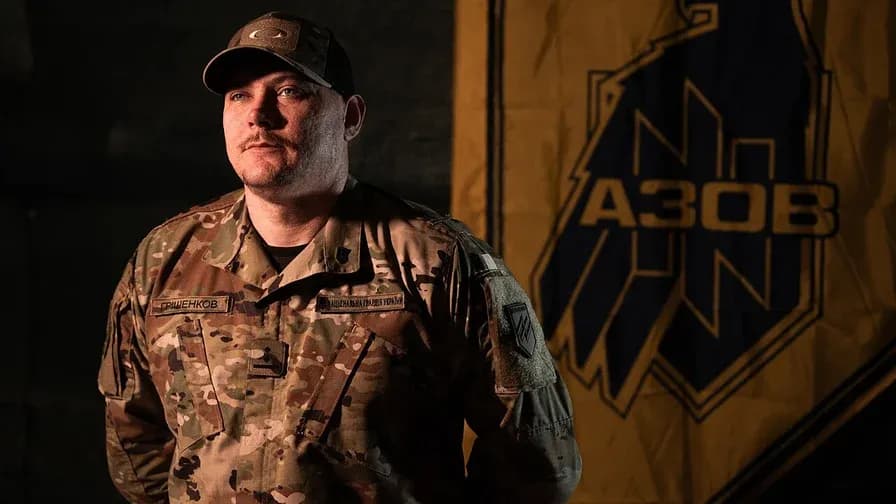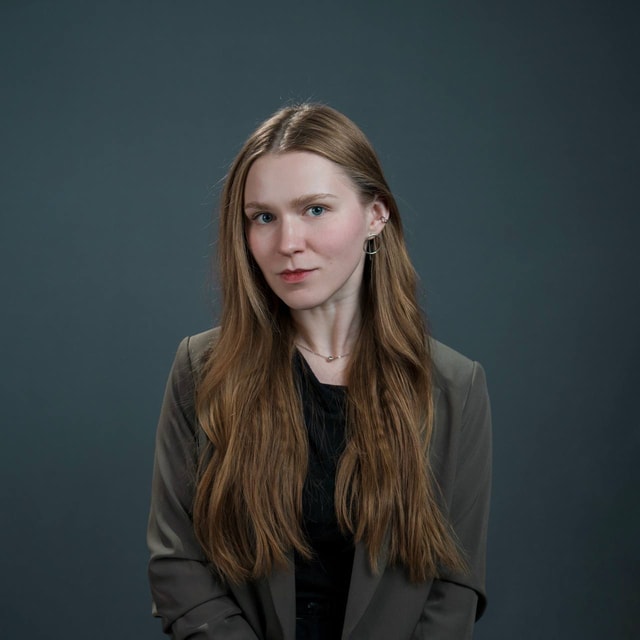Mariupol defender appointed commander of Azov Brigade amid military reform

Bohdan Hrishenkov has been appointed as commander of the 12th Special Forces Brigade, also known as the Azov Brigade, the unit announced on April 18.
Hrishenkov's predecessor in the position, Colonel Denys Prokopenko, had been promoted earlier in April, becoming the head of the Azov Corps as part of the National Guard.
Ukraine announced earlier this year that it would transition its military to the corps system to improve its efficiency and organization on the battlefield.
"The new commander takes over the brigade at the moment of its greatest development. He will do everything possible for the effective work of the unit in cooperation with other brigades of the Azov Corps of the National Guard of Ukraine," the statement read.
31-year old Lieutenant Colonel Hrishenkov, whose call sign is Puhach, joined Azov in 2015. Five years later, he was appointed as the commander of one of Azov's companies.
Following the start of Russia's full-scale war in 2022, Hrishenkov defended Mariupol in Donetsk Oblast, where he was injured. After 86 days of defending the encircled city under heavy Russian bombardment, he and about 2,500 other fighters left the Azovstal steel plant after Ukrainian commanders ordered the defending garrison to lay down their arms.
Hrishenkov was taken prisoner and held at the Olenivka prisoner of war (POW) camp in the occupied part of Donetsk Oblast. The Olenivka camp, notorious for the torture and abuse of Ukrainian captives, was hit by an explosion in July 2022, killing over 50 Ukrainian POWs and injuring more than 150. Kyiv called this a deliberate Russian war crime.
Hrishenkov suffered multiple shrapnel wounds to his head, arms and legs, and lost two toes.
Ukraine brought Hrishenkov back from Russia's captivity in September 2022 during one of the biggest prisoner swaps, which included five Azovstal commanders. He returned to serve at Azov after rehabilitation.
In July 2023, Hrishenkov was appointed first deputy commander of the 1st Battalion of the Azov Brigade. Later, he became the battalion's commander, leading Ukraine's operations near the town of Toretsk in Donetsk Oblast.












